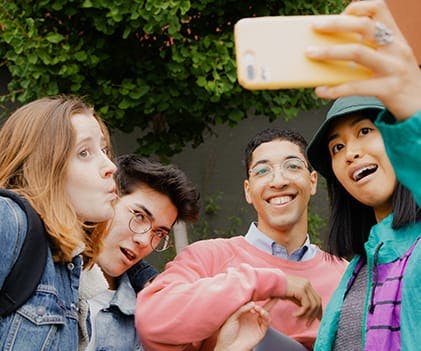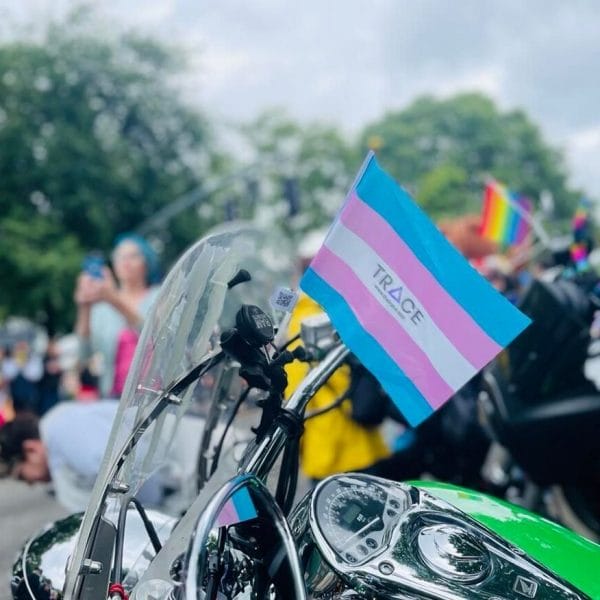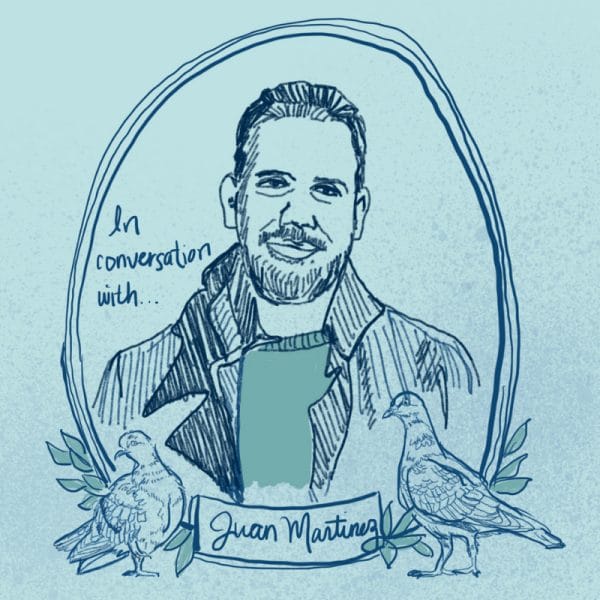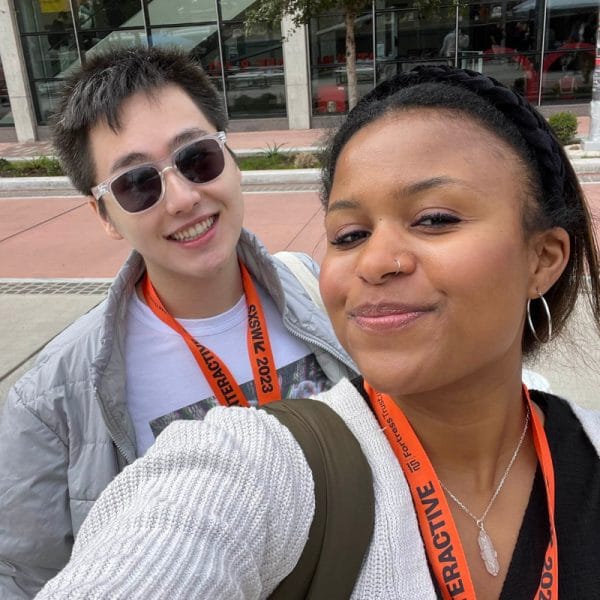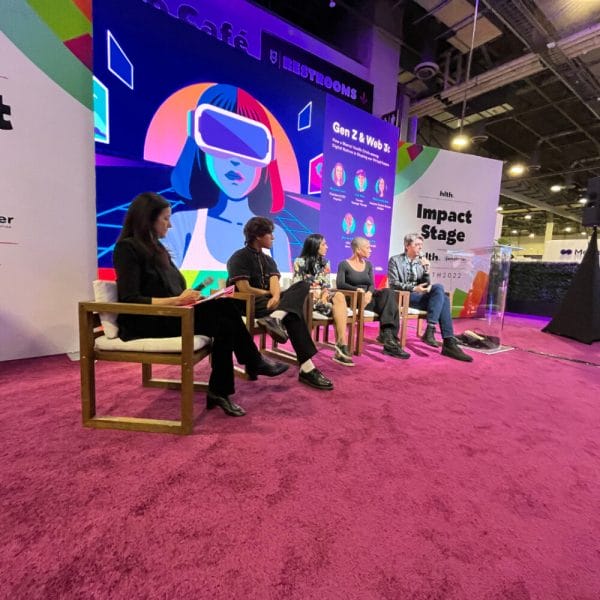Gen-Z, a misunderstood generation
Social media, depression, anxiety, fluidity, climate change: what else comes to mind when you think about Generation Z? I recently found out I am a Gen-Zer myself. I’m often disappointed to hear millennials, the media, pretty much anyone with an opinion of Generation Z refer to us as social media-obsessed, selfie-centered, suicide-doomed entities, and claim to know everything about us when they’ve never really asked. Except for people at Hopelab; Hopelab always asks the populations we work with (primarily Gen Z) what’s going on, then backs it up with data. We blend science and design. It’s kind of our thing.
Which is why in mid-August, when we were asked if we wanted to attend the Youth Marketing Strategy conference in New York by VOX media, an agency known for amplifying youth voices, we couldn’t resist. While we were there, we heard oodles of young people sharing their perspective with a crowd, invested in learning more about how to better connect with this generation. As a 24-year-old who attends more conferences than most, this was my very first conference where I wasn’t the youngest person in attendance. Even better, the young people were on stage presenting. We walked away with a wealth of information, and I am here to share some of my biggest learnings about Gen Z, and how to get their attention—our attention—in 2020.
Be authentic and engaged in issues that matter
Generally speaking, most Gen Z teens and young adults are pretty involved in what is happening in our world. When you look back at the cornerstones of how and when Generation Z grew up, you can start to understand why we feel a strong need to be muddled in every detail of society—gender expression, environmentalism, political activism, all of it. Most Generation Z teens and young adults were born right around the time 9/11 took place (myself included; I was in the first grade), and most of us grew up in the recession that followed. All the while, mainstream media was becoming mobile, creating the beautiful and disastrous rise of social media (depending on how you view it), which is now ubiquitous among teens and young adults. (Like if you don’t have an Instagram, who even are you?!)
“Like if you don’t have an Instagram, who even are you?!”
Generation Z has been bombarded with everything from constant real-time news alerts to being at the epicenter of them—mass shootings in schools, ICE raids, and a tumultuous election cycle, all broadcast either on social media or live on a 24-hour news cycle. These conditions shape how we view the world and ourselves. No wonder Gen Z feels a deep responsibility to do better than the generations before us.
For young people in our mid-twenties, at the top of the generation, we’ve witnessed the real world—the good and the bad—blossom in front of our eyes, ironically without a filter. This level of agency and activism has penetrated our worlds, which is why we are not passively engaging in issues, but rather leading at the forefront of the ones we care about. This self-starting energy is something we choose to make part of every facet of our lives, including the products or companies with which we engage.
This generation ain’t got NO TIME for discrimination of any kind. We require companies and organizations to be beacons of social good, and enforce this through purchase power or brand boycotts. According to Vox Burner, at least 77% of 16-24 year-olds have taken some form of action for a cause we believe in,1 reinforcing this generation’s drive to participate in everything from the March for Our Lives to Climate Strikes. We want authenticity and brands that care about the issues that matter, regardless of their position in the marketplace.
“This generation ain’t got NO TIME for discrimination of any kind.”
Understanding the role that social media plays in Gen Z’s life
According to a 2018 Hopelab survey looking at teens, social media, and well-being, 93% of teens and young adults are using social media, and 81% of this group say they use it daily. I am 100% checking my social media platforms every day. In that same survey, we found that, compared to the general population, social media may be more important for teens and young adults with moderate to severe depressive symptoms when it comes to feeling less alone. LGBTQIA+ youth were by far the most likely (76%) to report looking for some sort of health information online. Social media is an integral part of young people’s lives—imagine what we could do if we leveraged those platforms differently.
Some of the most successful Gen-Zers have used social media platforms like Instagram to launch their success. The Period Movement and The Happy Org, for example, began as side hustles on Instagram and are now major Gen Z role models and social-good influencers. They provide a vision of what social platforms can do for young people’s careers and the movements they care about.
Reflecting and moving forward into 2020
As I reflect on another year at Hopelab, one filled with love, inspiration, trial, and error, I am excited for the work that we continue to do in youth communities. It’s a nice change of pace to not be seen as a generation of phone-obsessed, selfie-loving VSCO girls (which, sure, at times we can be), but rather socially conscious, mobile, active digital citizens who know what we want and are not going to waste our time. We have things to do.
I am excited for Hopelab in 2020—with our Young Adult Advisory Board entering the second half of its inaugural year, to our SXSW panel focusing on LGBTQIA+ youth, drag, and resilience, to a new decade with new opportunities to make a positive impact.
Bring on the new year, because Gen Z is totally ready for it.
Curious on what else we’ve been up to this year? Download our 2019 Impact report.

